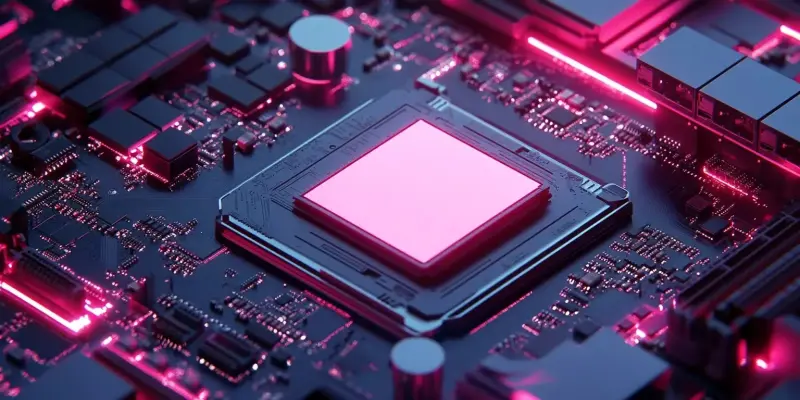After more than two decades of continual improvements, the CPU performance trends have experienced their first decline in 2025 according to data from PassMark, raising eyebrows in the tech community. This downturn marks a significant change in the industry, as both desktop and laptop CPUs have consistently showcased yearly enhancements in both speed and efficiency until now. While desktop performance saw only a slight decline, laptop CPUs recorded a more notable drop in performance, challenging the long-standing narrative of progressing computational power.
Shifts in Consumer Behavior and Hardware Limits
One possible explanation for this surprising change is the shift in consumer behavior, driven by the rising costs of computers. As computers become more expensive, many consumers may opt for less powerful systems when upgrading, subsequently lowering the average performance metrics recorded by PassMark. Furthermore, the landscape of hardware development has reached a plateau. Despite the market presence of incredibly potent CPUs like AMD’s Ryzen Threadripper PRO 7995WX, newer processors from AMD and Intel have not surpassed this two-year-old standard. Specifically, Intel’s latest offerings, including the Arrow Lake series, have not met expectations when compared to past models. Intel’s pivot from Hyper-Threading to more powerful cores has resulted in lower scores in multi-threaded benchmarks, contributing to the overall decline in performance metrics.
Software Impact and Market Dynamics
Software updates and operating system performance also play a crucial role in impacting CPU performance trends. Notably, Windows 11 has a history of negatively affecting system performance, compelling Microsoft to issue patches such as the one required for AMD’s Zen 5 CPUs in the 24## update. The accelerated adoption of Windows 11, spurred by the impending end of support for Windows 10 in October, further complicates the landscape. As more users migrate to the new Windows version, the initial performance drop might be countered by subsequent patches and optimizations. Still, these software-related hurdles contribute to the overall perception of declining CPU performance.
Despite these factors, it’s worth noting that 2025 is still in its early stages. The tech industry holds onto optimism that as consumers continue to upgrade their systems throughout the remainder of the year, these early metrics may improve, aligning more closely with historical performance trends. Conversely, this decline might indicate the onset of a new era where CPU performance increments become less pronounced, signaling a period of stagnation or slower growth in the industry’s advancements.
Future Outlook and Industry Implications
After over two decades of continuous advancements, CPU performance trends have faced their first decline in 2025, based on data from PassMark. This unexpected shift has surprised the tech community, marking a considerable change in an industry where both desktop and laptop CPUs have steadily shown yearly improvements in speed and efficiency. Traditionally, each year brought faster and more efficient CPUs, reinforcing the belief in ongoing progress. However, the latest data indicates a slight decline in desktop performance and a more significant drop in laptop CPU performance, disrupting the long-held narrative of ever-increasing computational power. This downturn not only halts the streak of CPU enhancements but also poses questions about future trends in computing technology. Users and tech enthusiasts are now left to wonder about the reasons behind this decline and its implications for the future. As manufacturers and developers grapple with these challenges, the tech community will be watching closely to see how the industry adapts to this new reality.

